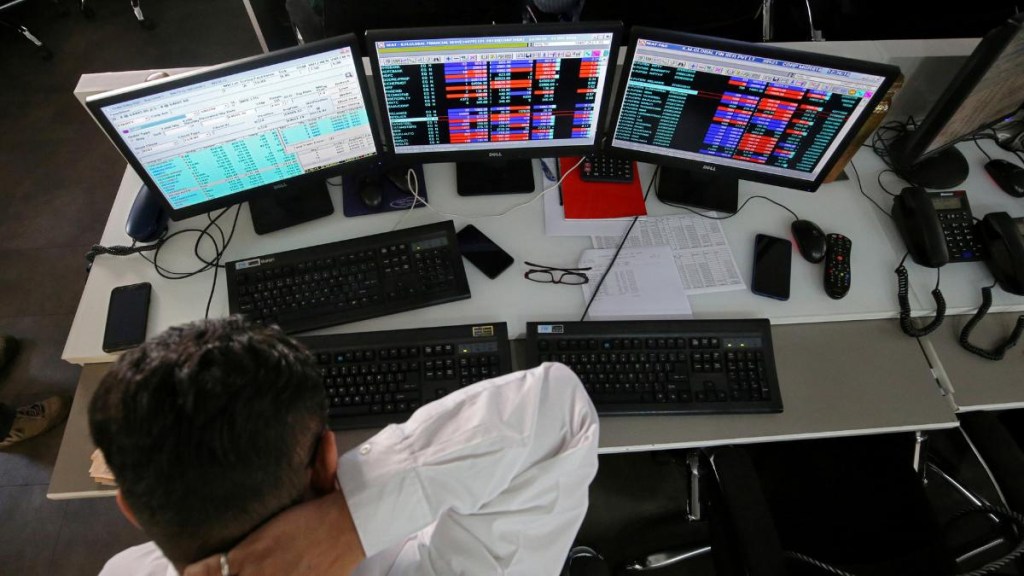Foreign institutional investors (FII) offloaded shares worth net Rs 79.88 crore, while domestic institutional investors (DII) added shares worth net Rs 1,372.18 crore on December 6, 2023, according to the provisional data available on the NSE.
For the month till December 6, 2023, FIIs sold shares worth net Rs 8,806.45 crore while DIIs bought shares worth net Rs 6,218.23 crore. In the month of November, FIIs added shares worth net Rs 5,795.05 crore while DIIs added equities worth net Rs 12,762.14 crore.
“A robust FII reversal is fuelled by receding inflation and dropping yields in both US and Indian markets. The allure of Indian market gains post-China credit rating downgrade and decline in oil prices was followed by ease in geopolitical tensions. A strong rebound in IT, driven by reduced US recession risks and in anticipation of robust summer demand, fuels the momentum in the power sector. Despite a promising outlook, short-term profit booking may occur due to domestic premium valuation concerns. Further, lingering El Nino risks, a drop in reservoir levels, and reduced sowing may hold RBI to profoundly upgrade H2FY24 growth and reduce future inflation estimates,” said Vinod Nair, Head of Research at Geojit Financial Services.
Foreign institutional investors (FII) or Foreign portfolio investors (FPI) are those who invest in the financial assets of a country while not being part of it. On the other hand, domestic institutional investors (DII), as the name suggests, invest in the country they’re living in. Political and economic trends impact the investment decisions of both FIIs and DIIs. Additionally, both types of investors – foreign institutional investors (FIIs) and domestic institutional investors (DIIs) – can impact the economy’s net investment flows.

